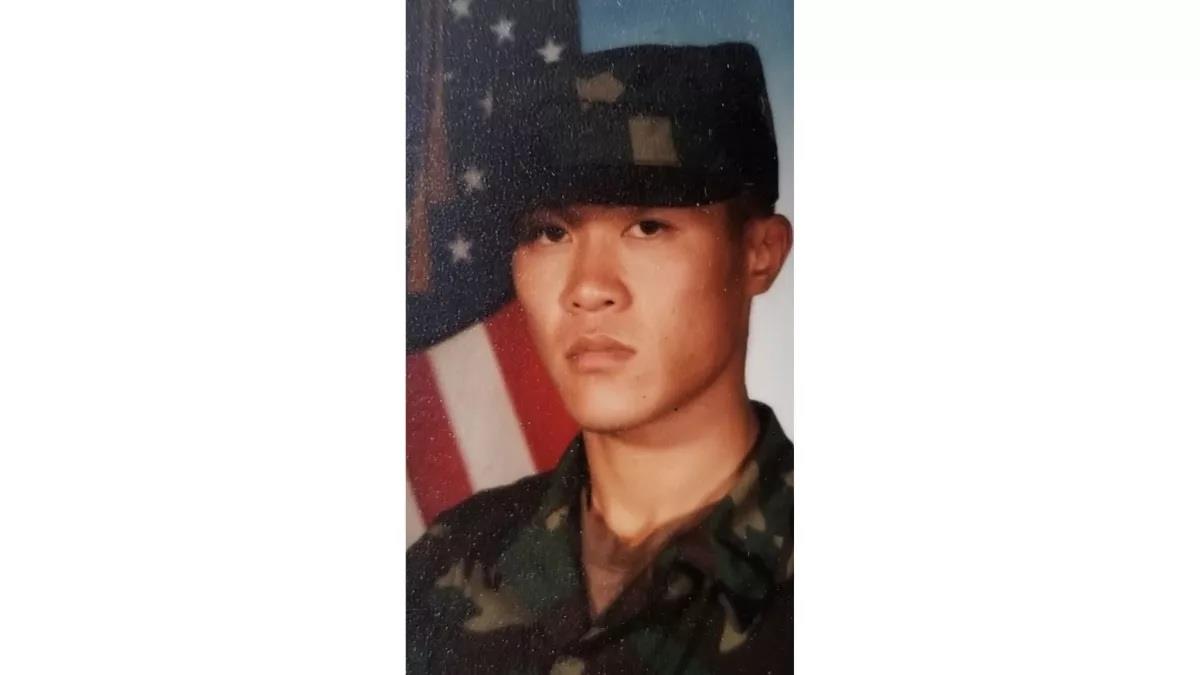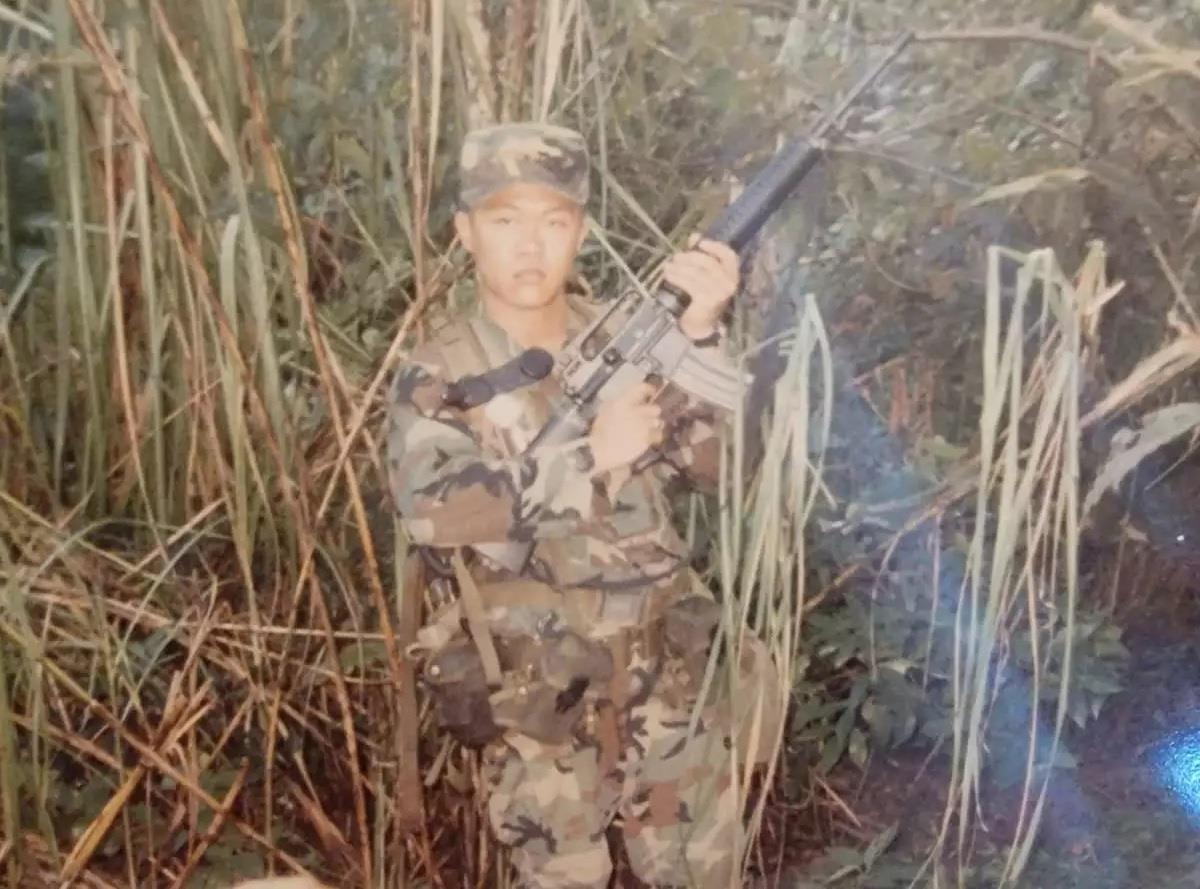
U.S. Purple Heart Army Veteran Deployed To Panama In The 1989 U.S. Invasion“Just Cause” Self-Deports -
Park's story reflects both the challenges of life after combat and the perils that noncitizen veterans face if caught in the legal system - realities made harsher amid the Trump administration's push for record deportations. “I can't believe that this is happening in America,” Park told NPR in an interview prior to his departure.“That blows me away, like a country that I fought for.” U.S. Immigration and Customs Enforcement did not immediately respond to a request for comment. Park came to the U.S. from South Korea at age 7 to join his mother in Miami. A year later, the pair moved to Los Angeles, where Park would spend the rest of his childhood. Growing up, Park said he didn't have many positive influences. But he looked up to his uncle, a colonel in the South Korean military. After high school, Park enlisted in the U.S. Army. “I wanted direction and to better myself and maybe help serve the country,” he said. When 20-year-old Park finished basic training, he was deployed to Panama - unaware that he would soon be part of the 1989 U.S. invasion known as Operation Just Cause to topple Manuel Noriega's regime.
“I realized I was shot”

One afternoon, while eating lunch with his platoon, Panamanian soldiers began to fire, according to Park. He started shooting back when suddenly he felt a sharp pain in his back. “I realized I was shot,” he said.“So I'm thinking, 'Oh my God, I'm paralyzed.' And then thinking, 'Oh my God, I'm not just paralyzed, I'm dying right now.'” “I had to find some kind of a cure for what I was going through.” Park was flown back to the U.S., honorably discharged, and awarded a Purple Heart. Though his body began to heal, he said his mind did not. “ I was suffering from PTSD severely,” he added.“...from sleeping nightmares to like, having just fearful thoughts all the time. Couldn't watch horror movies, couldn't hear loud noises.”
Back then, Park didn't know he was dealing with PTSD. So, he never sought help and the trauma slowly took a toll. He eventually turned to drugs to cope. “I had to find some kind of a cure for what I was going through,” he said. Throughout his 20s and 30s, he battled a crack cocaine addiction. One night in New York, while meeting up with a dealer, police appeared and arrested Park. Later, he skipped one of his court hearings. “I just couldn't stay clean,” he said.“So finally when the judge told me, 'Don't come back into my court with dirty urine,' which I knew I would, I got scared and I jumped bail.” Park was charged with possession of a controlled substance and bail jumping, which derailed his chances of naturalization or getting relief from a deportation order. Park said for a long time, citizenship was not a priority because he did not fully grasp the consequences of remaining a noncitizen.

Legal Disclaimer:
MENAFN provides the
information “as is” without warranty of any kind. We do not accept
any responsibility or liability for the accuracy, content, images,
videos, licenses, completeness, legality, or reliability of the information
contained in this article. If you have any complaints or copyright
issues related to this article, kindly contact the provider above.


















Comments
No comment